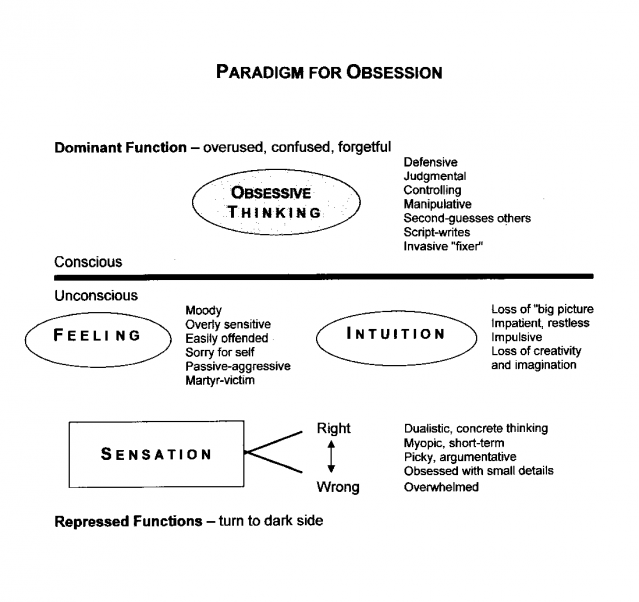The Link Between Perfectionism and Obsession in Workaholism
Workaholism is not just about working excessively; it is an obsession that stems from perfectionism. Understanding this inner dynamic is crucial to grasp how workaholism leads to narcissism. In this post, we will explore how obsession plays a pivotal role in workaholism and its psychological consequences.
The Nature of Workaholism
A workaholic is an individual consumed by work, often to the point of emotional and psychological exhaustion. Driven by a compulsive desire for personal approval and recognition, workaholics are fixated on achieving goals and accomplishments. As they grow more obsessed with their work, their focus narrows, and their world becomes centered around the next task, often disregarding personal well-being and relationships.
Over time, this obsession amplifies. The individual’s thoughts become more intense and persistent, leading to compulsive actions to relieve the anxiety that accompanies the need for perfection. This cycle eventually fuels a growing sense of insecurity and self-doubt, further escalating anxiety and leading to emotional outbursts when their carefully controlled environment is challenged.

The Psychological Impact of Obsession
Workaholism and obsession significantly affect the primary psychological functions: Thinking, Feeling, Intuition, and Sensation. These functions become distorted as obsessional thinking takes over.
- Thinking: When obsession dominates, thinking becomes narrowly focused and judgmental, clouding clarity and meaning. Workaholics may become fixated on solving problems for others, neglecting to listen or respect their needs.
- Feeling: The repression of feelings often leads to passive-aggressive behavior. Workaholics may become overly sensitive, emotionally distant, or self-pitying, distorting their ability to connect with others and make fair judgments.
- Intuition: Intuition’s ability to see the bigger picture is compromised. Obsession stifles creativity, leading to anxiety and self-doubt, making innovation and sound decision-making more challenging.
- Sensation: Sensation, which is responsible for experiencing the present moment, becomes distorted. Workaholics may begin to crave immediate gratification, engaging in impulsive behaviors like smoking, drug use, or unethical actions, as a way to cope with their internal emptiness.
The Downside of Overworking
As obsession takes hold, workaholics ignore the negative impact their behavior has on their relationships, well-being, and integrity. Their narrow focus leads to poor communication, lack of empathy, and a tendency to fix problems rather than allow others to solve them, further exacerbating their emotional and psychological struggles. Participating in a workaholism recovery program can help individuals regain balance and restore healthier boundaries.
In the next post, we will delve into how workaholism can lead to narcissistic traits, as the individual becomes increasingly self-centered and self-absorbed, prioritizing work over everything else.

